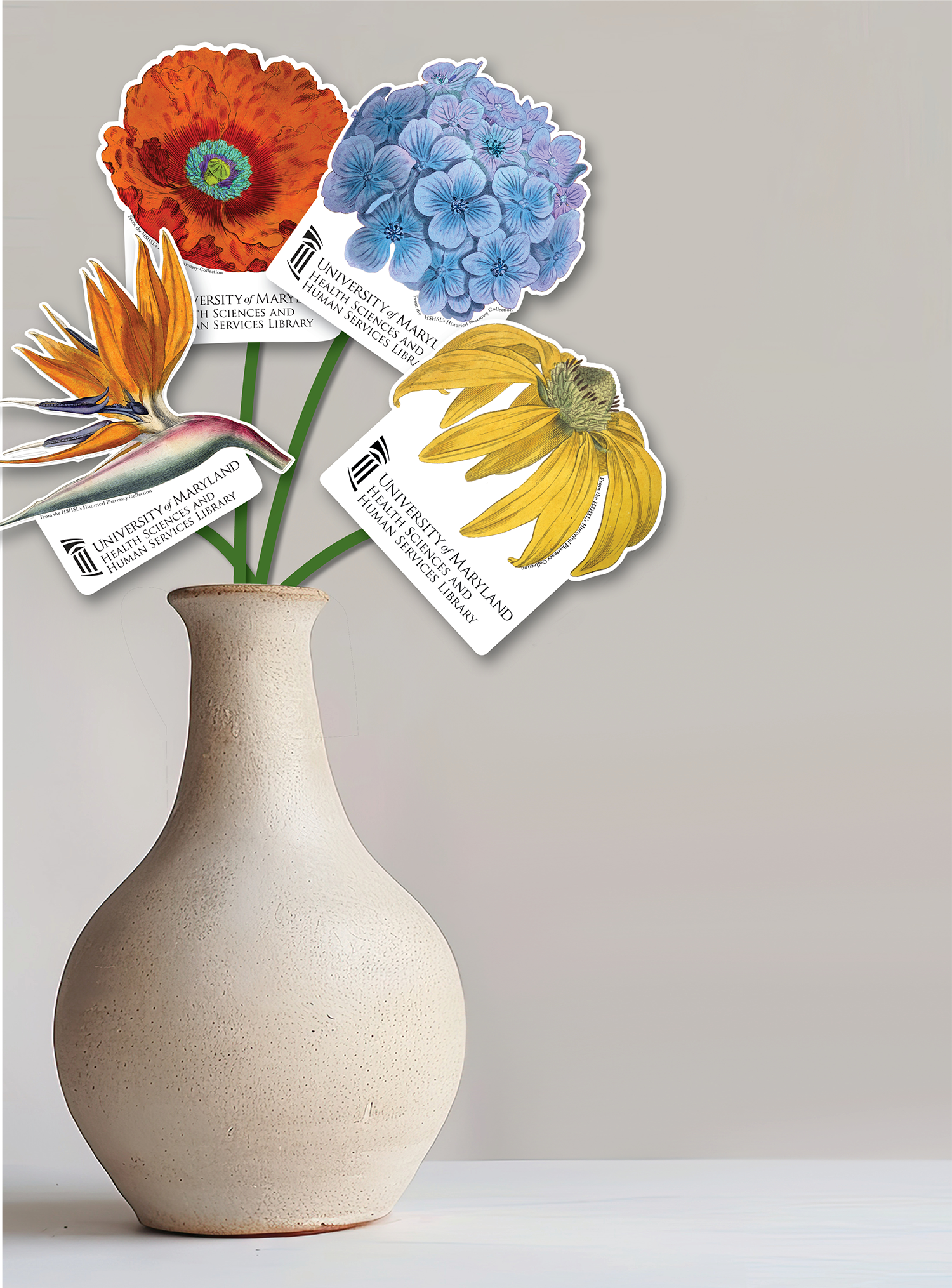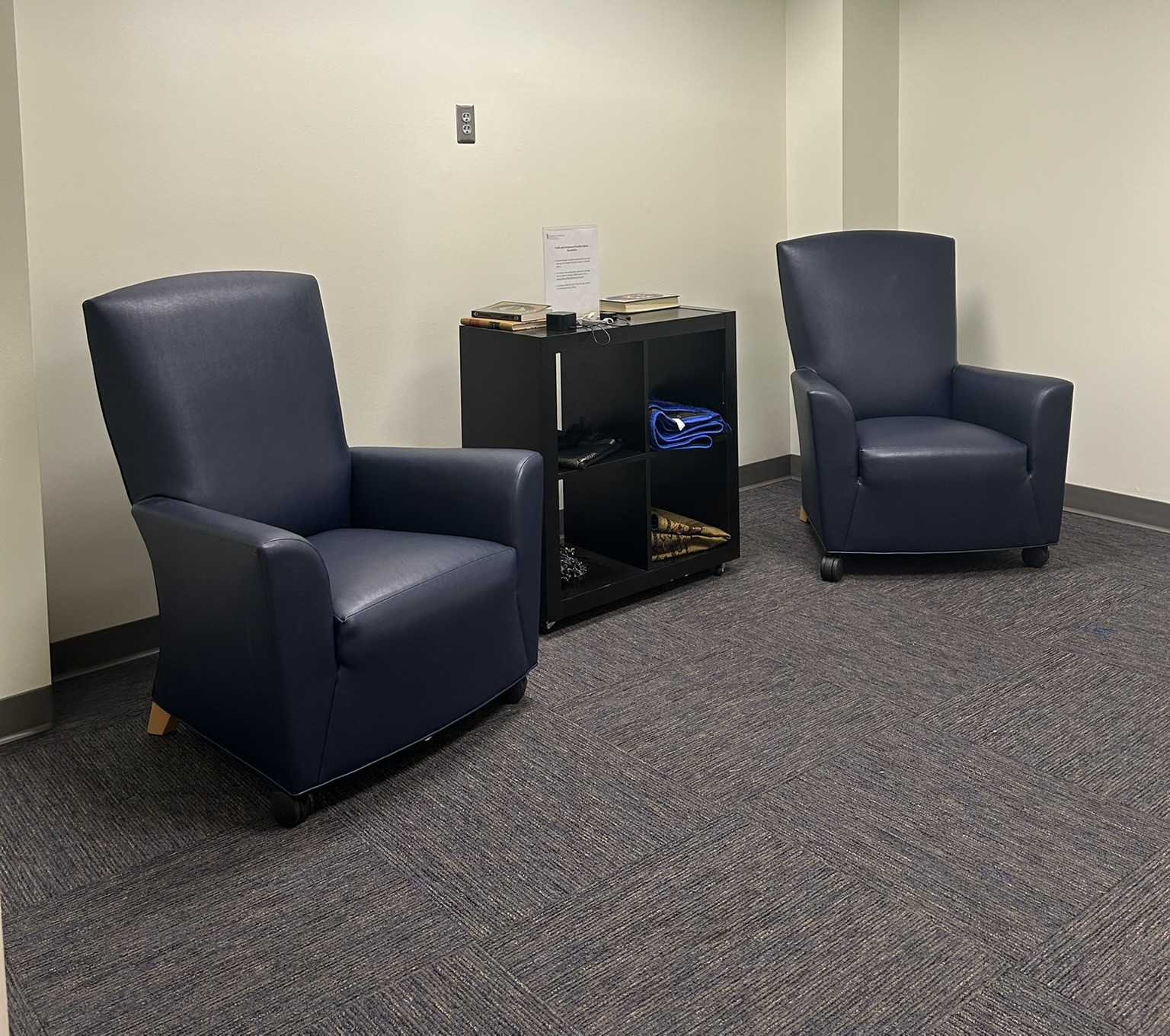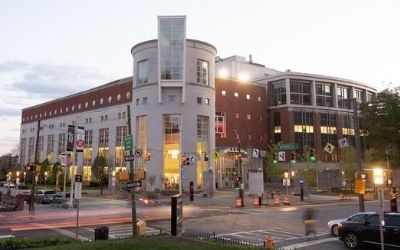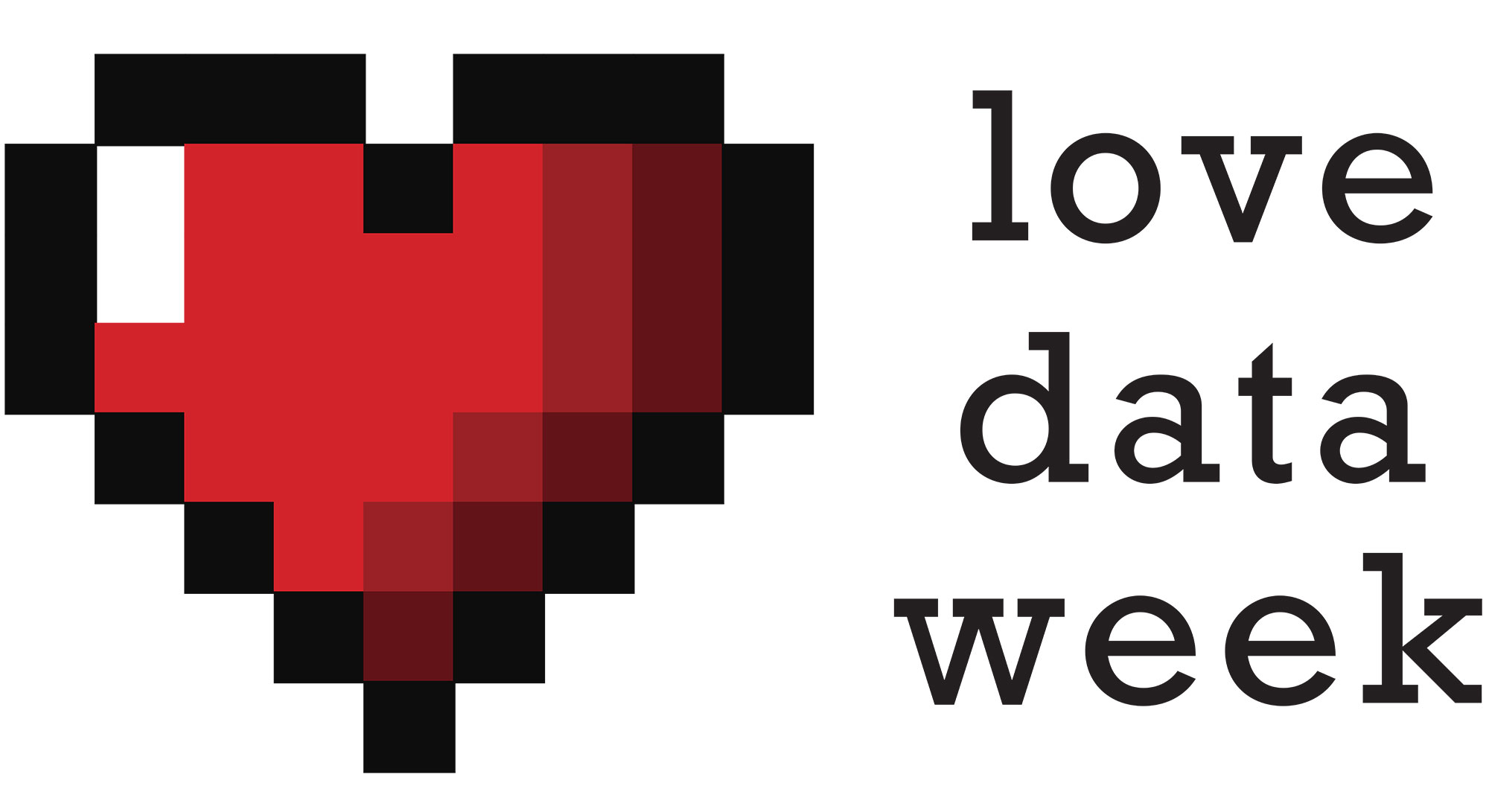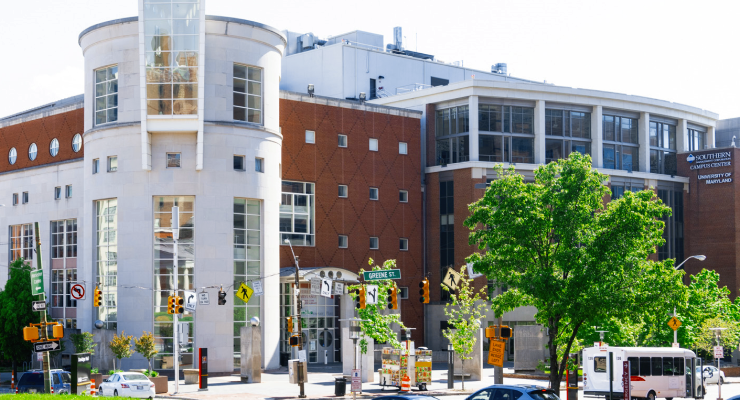Love Data Week, set for Feb. 9 to 13, is an international celebration of all things data.
Each year, the Data and Bioinformation Services team at the Health Sciences and Human Services Library engages the university community on topics such as data management, sharing, wrangling, and visualization, as well as open and reproducible science.
This year’s theme is “Where’s the Data?,” which encourages us to think about data’s journey from collection through storage and preservation.
Join us for the events below.
Where’s the Data? Finding and Accessing Research Data at UMB
Date and time: Wednesday, Feb. 11, noon to 1:30 p.m.
Location: Zoom
Registration: Register for the session (opens in a new window)
Need to access clinical or administrative data for research but not sure where to start? After a brief overview of HSHSL-supported data resources, this virtual session will feature experts from ICTR and PRC to explain the process of requesting UMMS EPIC data and administrative claims datasets.
This session is ideal for faculty, students engaged in research, and research staff. Accessing data does not have to be a mystery.
Speakers:
- Amy Yarnell, MLS
Head of Data and Bioinformation Services, Health Sciences and Human Services Library
- Eberechukwu Onukwugha, PhD
Professor; Executive Director, Pharmaceutical Research Computing Center; Department of Practice, Sciences, and Health Outcomes Research; University of Maryland School of Pharmacy
- Wanda Hill, MS, BSN, RN
Director of Operations, UMB Institute for Clinical and Translational Research
Data and Doughnuts
Date and time: Thursday, Feb. 12, 10 a.m. to noon
Location: HSHSL first floor
Stop by our table to grab a doughnut and chat with the HSHSL Data Services team. Then from 11 a.m. to noon, visit the HSHSL Positivi-tree and celebrate self-care for Valentine’s Day.
Managing Your Qualitative Data with the Qualitative Data Repository (QDR)
Date and time: Thursday, Feb.12, 1 to 2 p.m.
Location: Zoom
Registration: Register for the session (opens in a new window)
In this webinar, researchers will explore options for sharing qualitative data, with a special focus on the Qualitative Data Repository (QDR), to which the University of Maryland, Baltimore has an institutional membership. Participants will gain a clearer understanding of qualitative data sharing norms and practices across the social, health, and other human focused sciences.
The session will highlight practical steps researchers can take to keep qualitative materials organized throughout any project, which also can support future archiving and re use of the materials they collect. QDR’s Associate Director will further showcase examples of nuanced data sharing approaches from current published data projects, including sensitive data secured under different levels of access control, will demonstrate how the deposit process at the repository works, and highlight data available for pedagogical purposes as well.
This webinar is intended for faculty, students, and staff who are using qualitative or multi method techniques. It is especially useful for those preparing data management or data sharing plans (DMPs or DMSPs) for federal or private foundation funding applications.
Speaker: Dessislava Kirilova, Associate Director, Qualitative Data Repository
Caption the Chart Challenge
Dates: Feb. 9 to 13
Location: HSHSL
Find one of our chart displays around the HSHSL and try your hand at writing a creative and funny caption.
Questions? Contact: Amy Yarnell, Head of Data and Bioinformation Services ayarnell@hshsl.umaryland.edu



